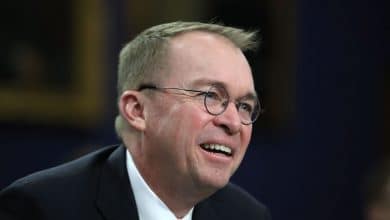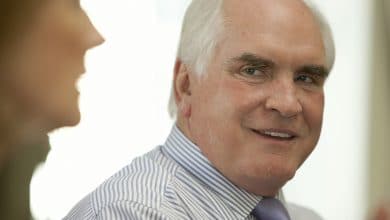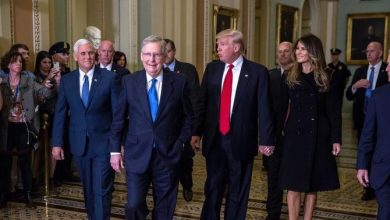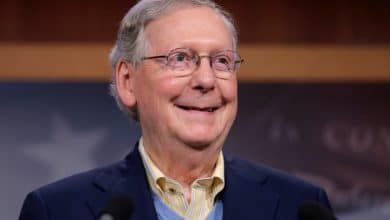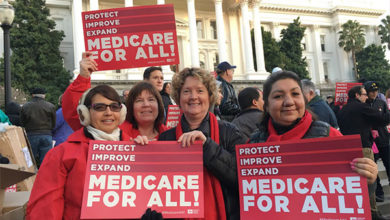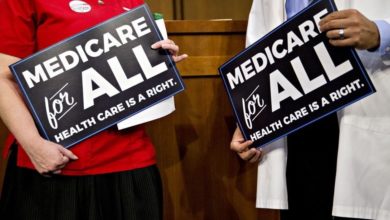Medicare
Medicare For All: The Next Step in the New Deal

It is well past time that we make Medicare for All a reality. It should have been enacted decades ago.
On July 2, 1932, Franklin Roosevelt, in his speech accepting the Democratic Party’s presidential nomination, “pledge[d]… a new deal for the American people.” He proclaimed, “Let us now and here highly resolve to resume the country’s interrupted march along the path of real progress, of real justice, of real equality for all of our citizens, great and small.”
He believed that the government should be a force for good for everyone. He explained:
“There are two ways of viewing the Government’s duty in matters affecting economic and social life. The first sees to it that a favored few are helped and hopes that some of their prosperity will leak through, sift through, to labor, to the farmer, to the small business man…. But it is not and never will be the theory of the Democratic Party.”
Roosevelt knew what government of, by, and for the people should do. He had a clear and far-sighted vision. He recognized that with the rapid industrialization and urbanization of the last half-century came new insecurities. He understood that good-paying jobs, as well as first-class education and insurance against the loss of wages, were essential. He knew that for American workers to have true economic security, they would require a healthy mind and body. Therefore, he saw that we must have universal guaranteed health care starting at birth.
FDR considered proposing universal health care in 1935, at the same time as Social Security. But the forces arrayed against it were too strong. Nevertheless, Roosevelt and his colleagues thought that universal, guaranteed, government-sponsored health insurance was right around the corner.
In 1938, Molly Dewson, who was one of the members of the three-person Social Security Board (the predecessor to the Social Security Commissioner), gave a speech about Social Security at the Women’s City Club of Boston. In it, she predicted, “Adequate health protection may still be mostly pious hope. But it is not a vain hope; [it is] already on the horizon.”
But World War II intervened. Even then, universal government-sponsored health care was not far from the thoughts of Roosevelt and his colleagues. In Roosevelt’s 1945 State of the Union message, he talked about his post-War plans:
“An expanded social security program, and adequate health and education programs, must play essential roles in a program designed to support individual productivity and mass purchasing power. I shall communicate further with the Congress on these subjects at a later date.”
But that later date never came. He died a few months after that message. His successor, President Harry Truman, pushed tirelessly for universal health care, but to no avail. The special interests arrayed against him were still too strong.
So, led by President Lyndon Johnson, those who understood the importance of universal, government-sponsored health insurance decided to take a novel, incremental approach: Medicare. Just a few years after its enactment, Medicare was extended to people with disabilities. It looked like just a matter of time until children would be added, and then everyone else.
If Medicare for All had been enacted decades ago, as it should have been, it would have alleviated enormous suffering and saved lives, not to mention trillions of dollars of our nation’s wealth. We should make it a reality now.
For those who recognize that government should be a force for good in our lives, who support Social Security, a minimum wage, eight-hour workdays, and all the other benefits government has brought us, Medicare for All is a critical step forward in that march of progress. Better late than never.

